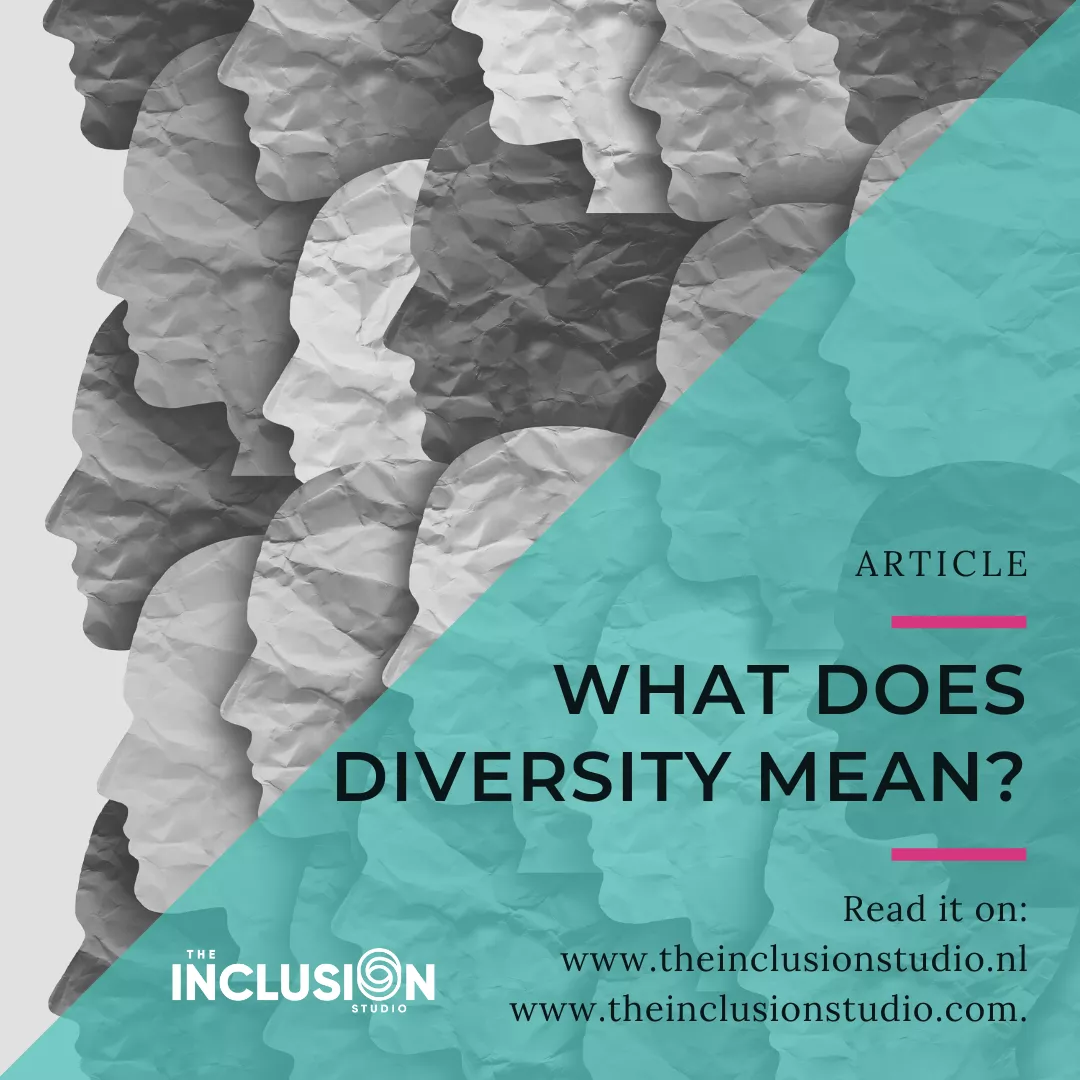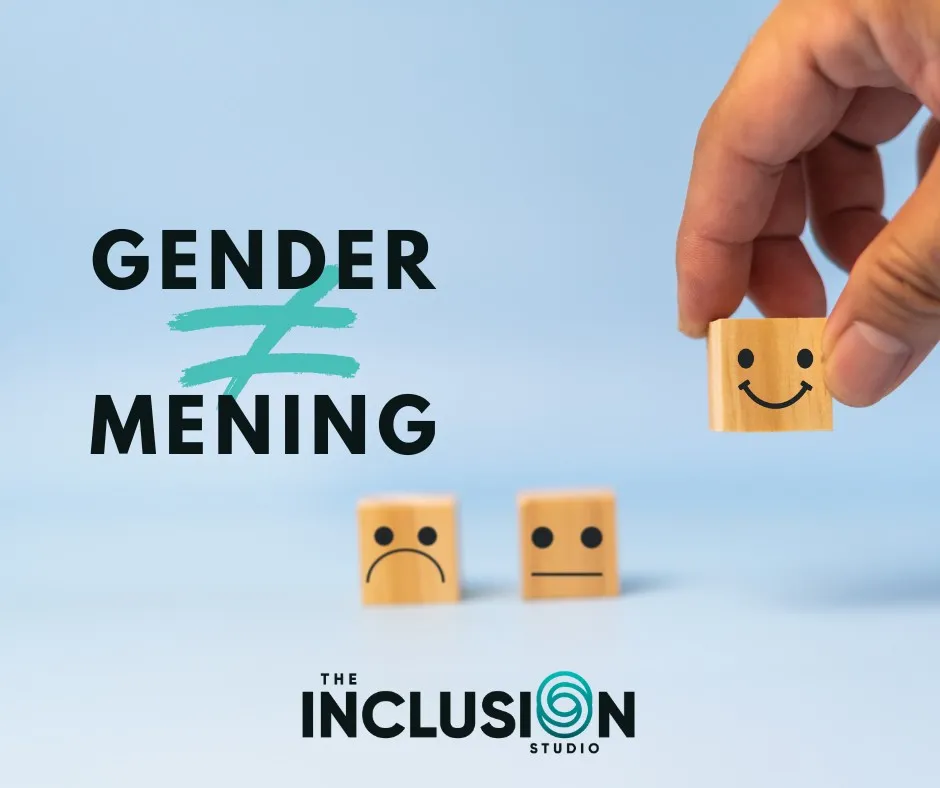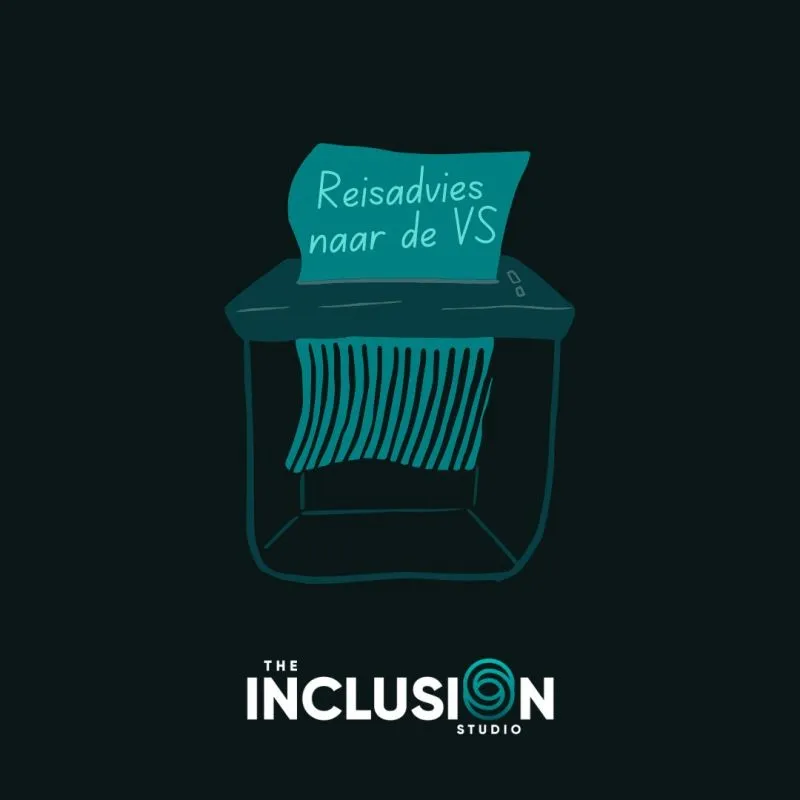
What Does Diversity Mean?
The term “diversity” gets thrown around a lot these days. You may have heard it used in relation to race, gender, religion, sexual orientation, or even political affiliation. But what does diversity actually mean? And why is it important in the workplace?
Diversity can be defined as “the state of being different from one another.” When applied to the workplace, diversity encompasses all the ways in which people differ, including (but not limited to) race, ethnicity, gender, age, religion, sexual orientation, physical ability/disability, and educational background.
A workplace that values diversity recognizes and respects the unique differences among employees. This kind of environment helps everyone feel valued, supported, and included—which leads to a more engaged and productive workforce. When employees feel like they belong and are comfortable being themselves at work, they’re more likely to stay with the company and do their best work.
In order to create a workplace that values diversity, employers need to take a number of steps.
- First and foremost, they must ensure that their hiring practices are non-discriminatory.
- They also need to provide training on unconscious bias and cross-cultural communication for all employees.
- Additionally, employers should actively seek out opportunities to promote diversity within the company through things like mentorship programs and employee resource groups.
However, creating a successful diversity strategy is not as easy as just having good intentions. It takes independent research and expertise to find the best ways to support and celebrate differences in the workplace. Employers serious about promoting diversity should partner with independent (external) experts who can help them develop a strategy that meets the unique needs of their company.
By taking these steps, employers can create a workplace that is truly inclusive of all employees—and reaps the many benefits that come with it.





